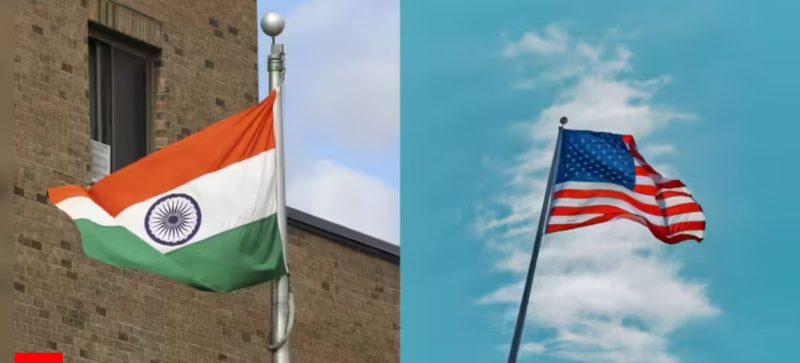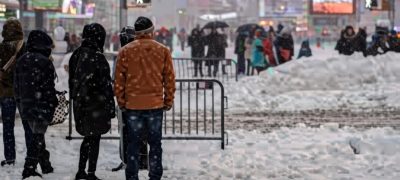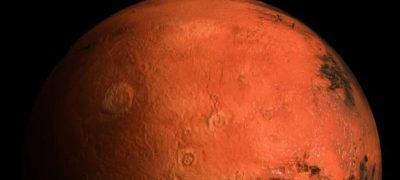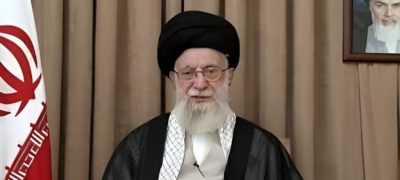Indian students, especially graduates from top universities like the Indian Institute of Technology (IIT), have long viewed the United States as a land of opportunity. For decades, many have pursued higher studies in America, with hopes of securing jobs in advanced fields such as artificial intelligence, robotics, and data science.
But that dream is now under serious threat. The recent H-1B visa shake-up, introduced under former President Donald Trump’s policies, is making Indian students reconsider their plans. The most controversial move is the imposition of a $100,000 fee for the H-1B skilled immigrant work visa, which has created shockwaves in India’s academic and professional circles.
The United States has historically been the top destination for Indian graduates. In fact, last year India overtook China as the largest source of international students in American universities. However, the new visa rules have added financial and legal barriers that could discourage many from making the journey.
Indian firms have been quick to absorb the best graduates directly, offering competitive salaries and opportunities in emerging technologies. This trend could accelerate as the visa situation in the U.S. grows more uncertain. Experts warn that the U.S. may lose its edge in attracting top global talent if the hurdles remain in place.
The H-1B visa shake-up is not only a financial burden but also a psychological one. For many students, the American dream symbolized innovation, career growth, and global recognition. Now, that dream is being “crushed” by policies that make access to work and study in the U.S. far more complicated.
Some education analysts compare the situation to other recent challenges where U.S. policies have drawn international criticism. For example, the controversy surrounding the FCC chair’s move against Jimmy Kimmel’s show, which led to a Senate hearing, also highlighted how American decisions can spark global debate. Readers can learn more about that issue here.
The shift in student choices may also have wider economic consequences. The U.S. has benefited immensely from the presence of Indian professionals in its tech and research sectors. Losing that flow of talent could slow down innovation, while countries like Canada, the U.K., and Australia step in to attract the same pool of skilled graduates.
For now, Indian students face tough decisions. While opportunities in the U.S. remain appealing, the rising costs and uncertainty of the H-1B visa process have left many wondering if the American dream is still worth pursuing.







